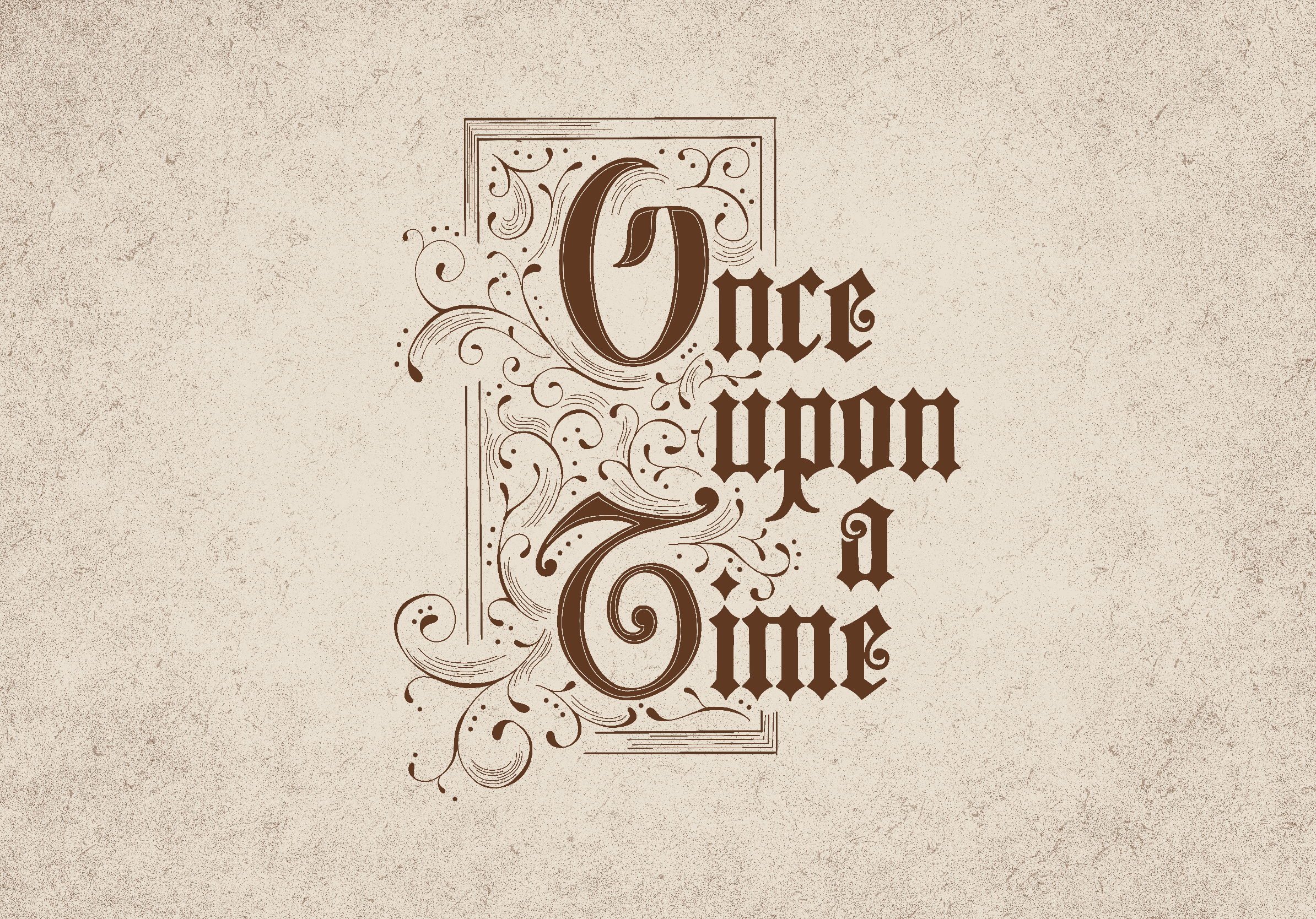The first of its kind in Canada, the club will bring a whole new industry to the university
This year, a new club is arriving at Concordia. The first of its kind in Canada, the Themed Entertainment Association (TEA) will allow the immersive story-telling industry to make ties with our university.
Mitchell Stein, the President and founder of Concordia’s TEA club, has been a passionate member of the TEA for a while now. As the main association relating to the immersive storytelling industry, it was high time we set up a TEA club in Canada.
“Things that you’ll see in Orlando, Florida or in California, at the Disney or Universal parks, a lot of them have been created in Montreal themselves. So we’re hoping to partner with a lot of those companies to bridge the gap between students and the industry,” said Stein.
Themed entertainment touches any subversive and interactive storytelling experience. An example that most will be familiar with is a Disney theme park, where guests — the audience — are transported into an entirely different universe.
Stein goes on to explain that Concordia is the perfect setting for this club to make its debut to Canadian students.
“What we were hoping to do is tap into the creative and technical side at Concordia because there are so many great [creative and technical] programs. [Many] people don’t know about this really incredible industry,” said Stein.
However, Stein is well aware of the challenges that are associated with this year. A pandemic makes it difficult to get the word around.
“We’re still really new, so I’m still learning the ropes of marketing a club, especially digitally … But so far, everybody we’ve told about it has been very passionate.”
The club will expose students to an industry that isn’t well-known to many.
“We had a lot of interest with the creation of the club, and I think that so many programs and clubs are interested in these types of things — understanding technology, creativity and immersive storytelling is always something people are interested in,” said Stein.
Although the themed entertainment industry seems far away, Stein ensures that the creation of this club will open the door for students.
He said, “Something that people always told me was to get involved in the themed entertainment association. Because it is the biggest organization that represents the industry, and everyone who works in the industry.”
The TEA club at Concordia will bridge the gap between companies and students by building relationships. Stein explained that he has already reached out to companies based in Montreal, and is looking forward to working with them.
“A lot of students don’t even know this industry exists, they might know of Disney or Universal, but they don’t know of these jobs that are right in our backyards.”
Graphic by @the.beta.lab
